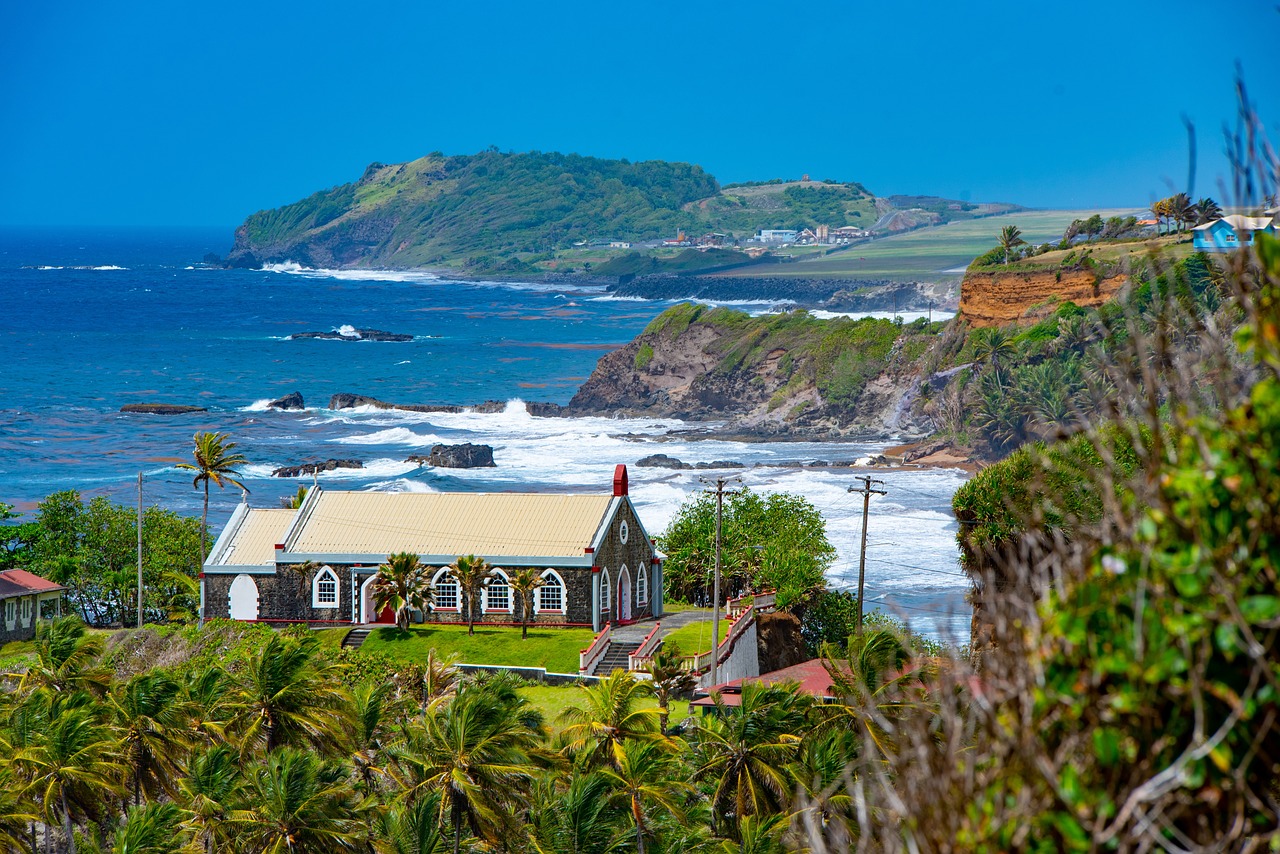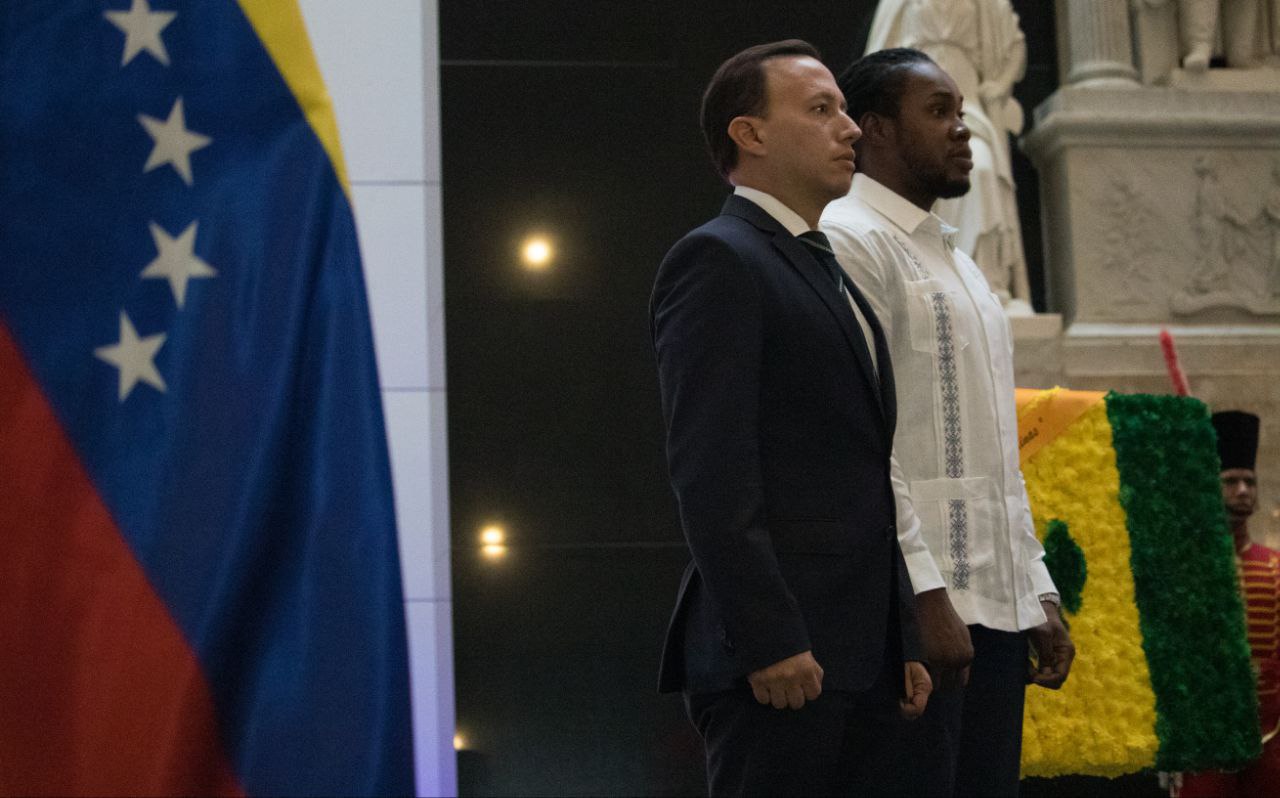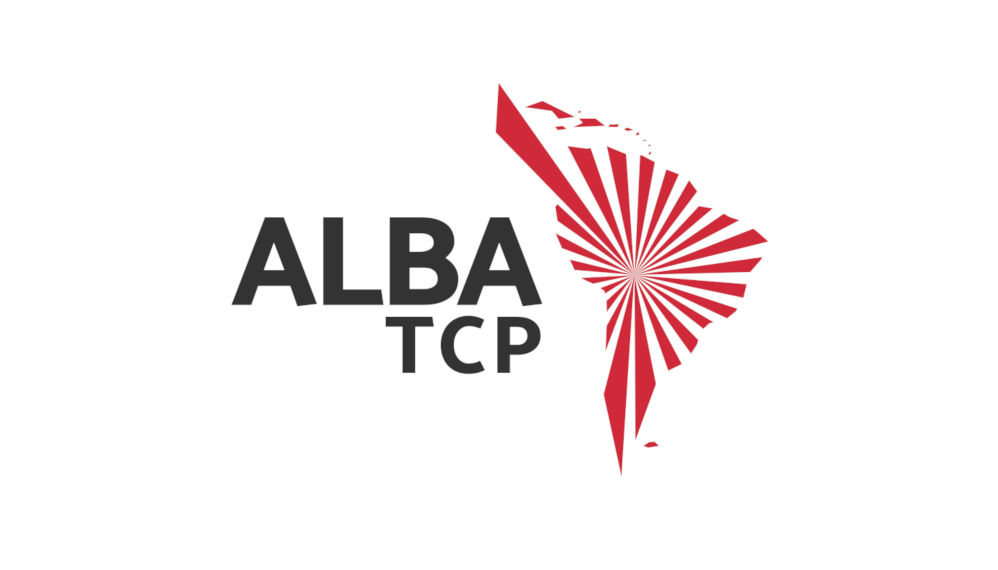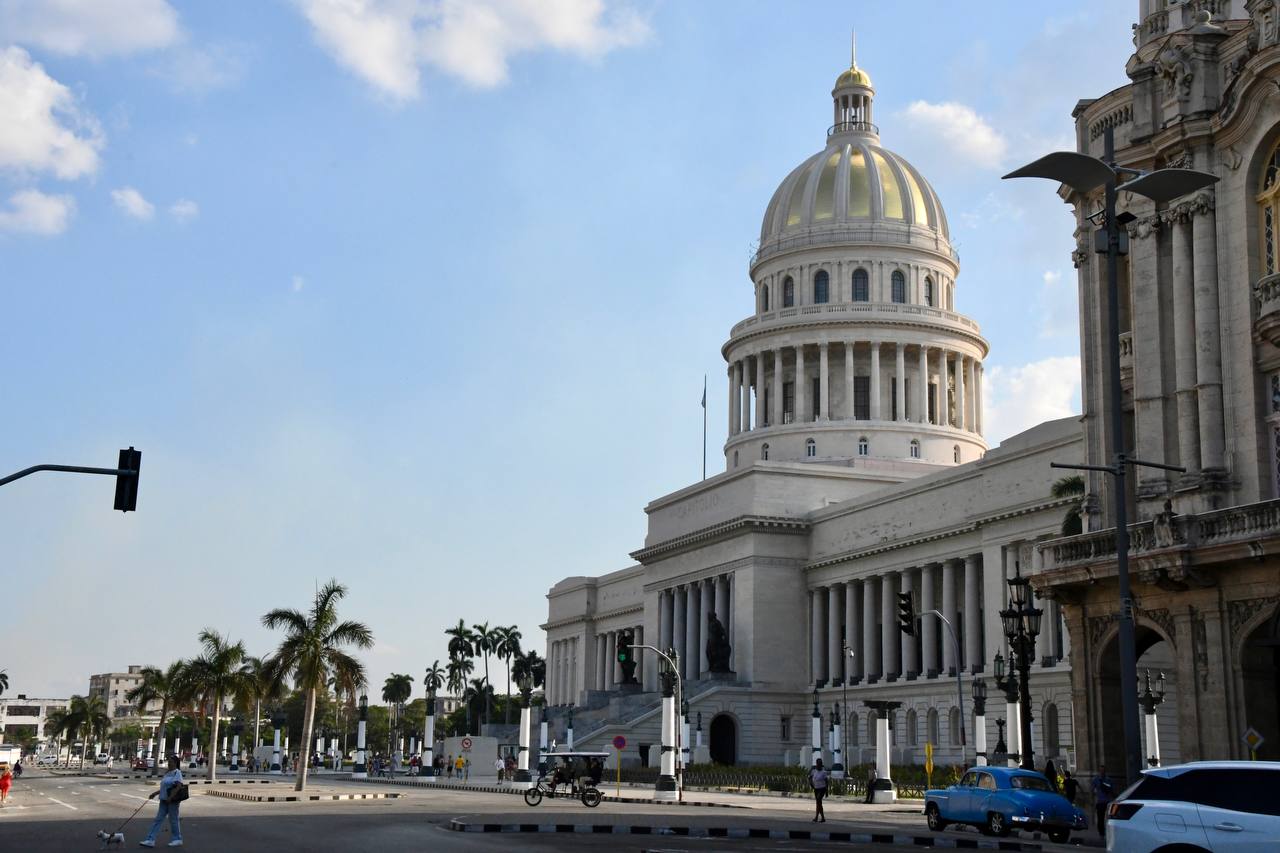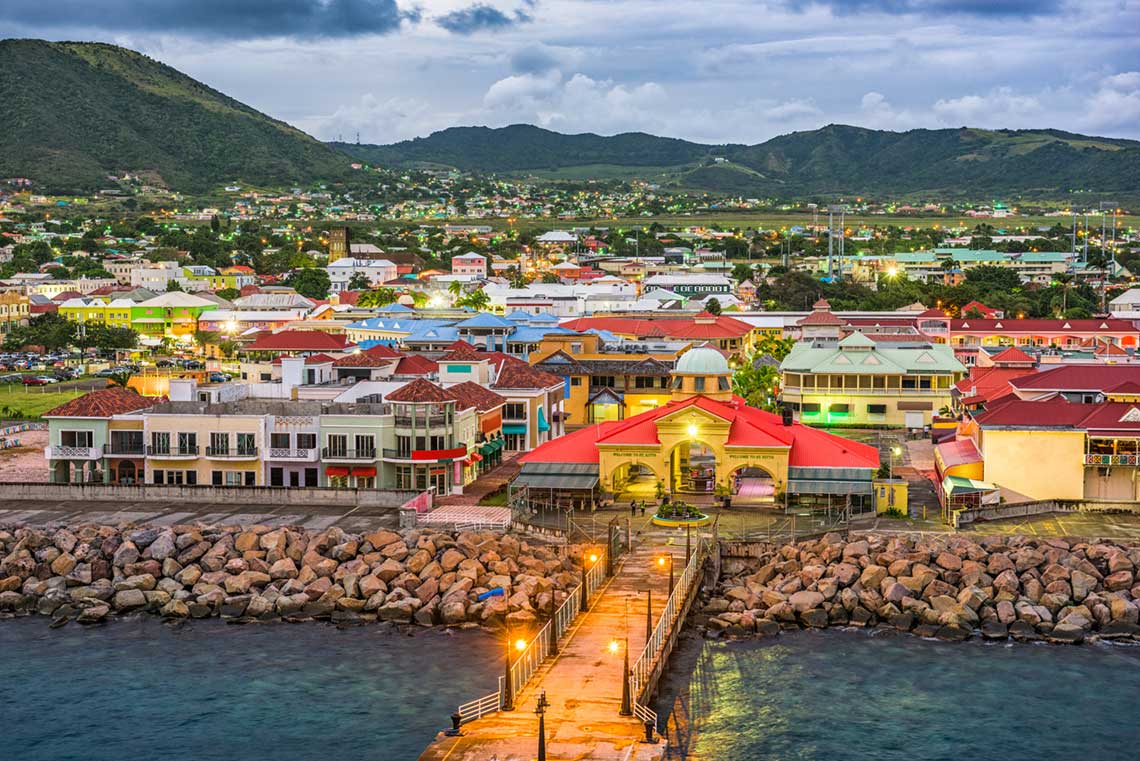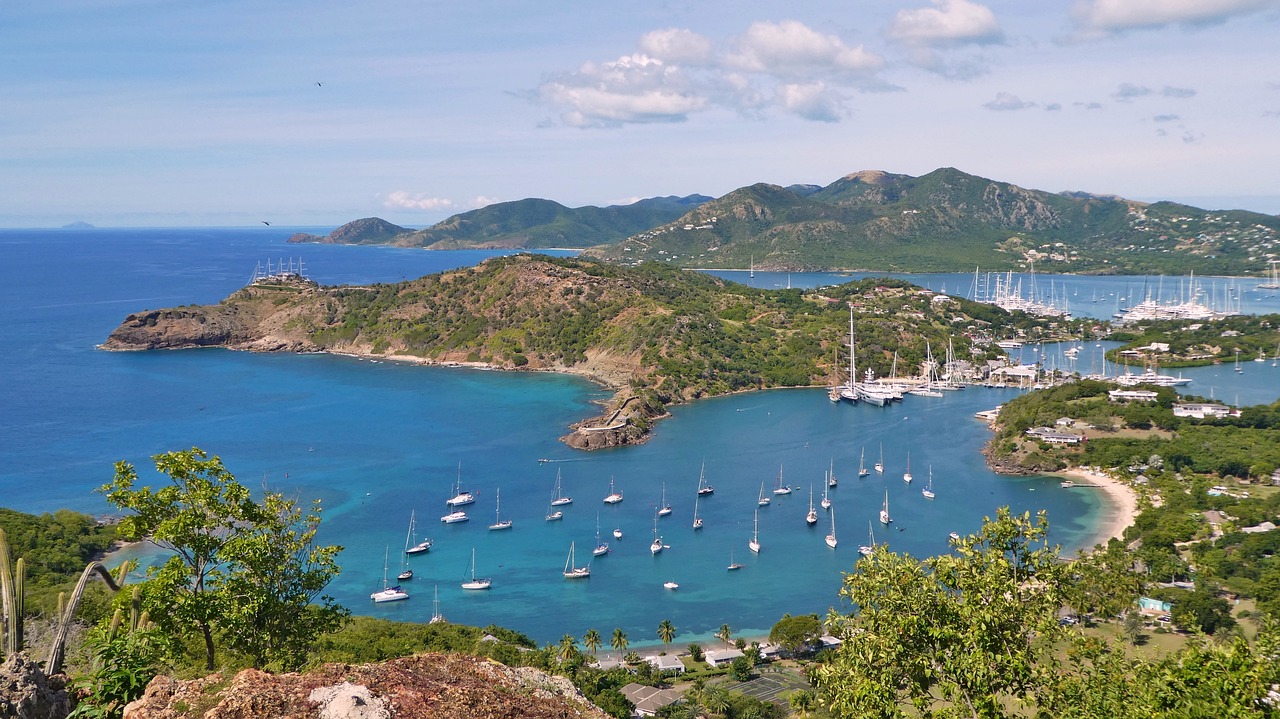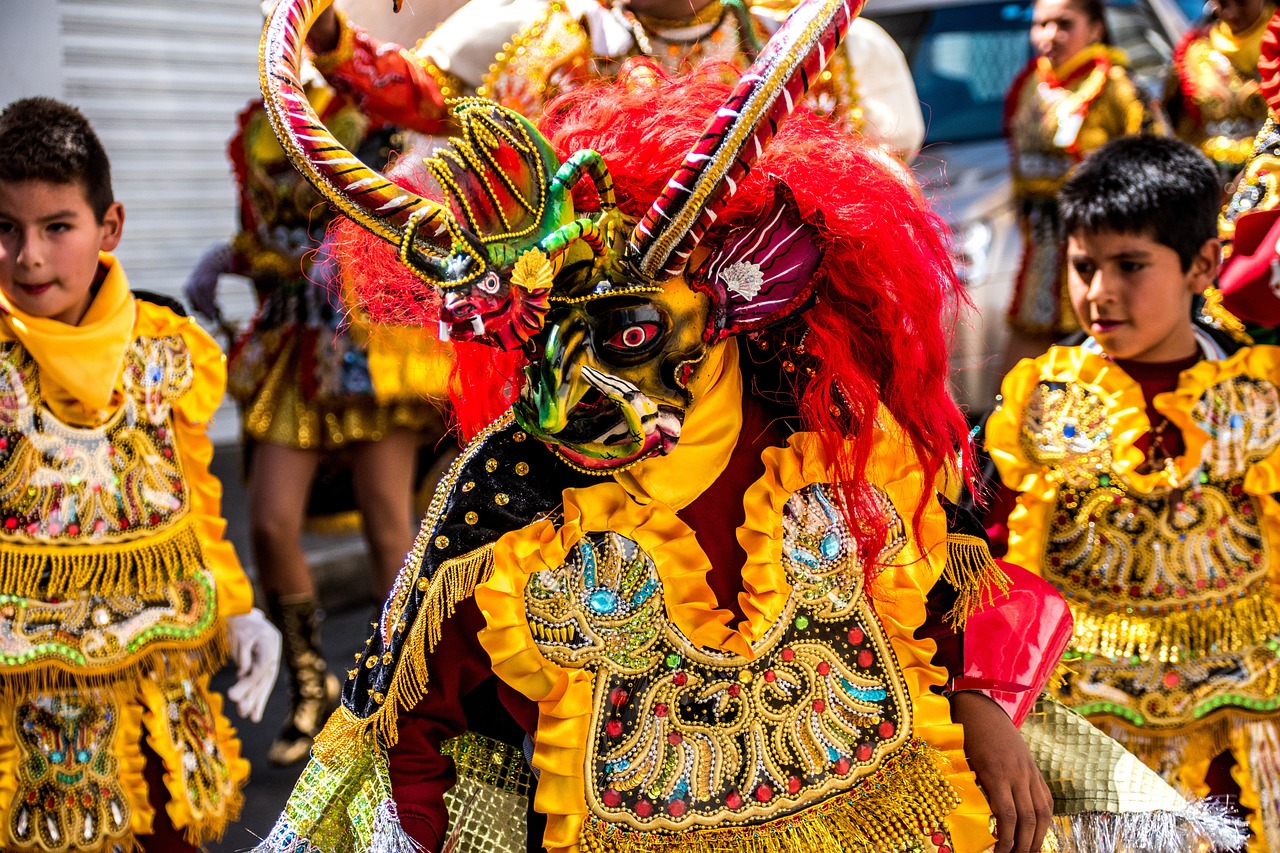Saint Vincent and the Grenadines, a key member of the Bolivarian Alliance for the Peoples of Our America–People’s Trade Treaty (ALBA-TCP), offers far more than idyllic beaches. With a population of around 110,000, this archipelago boasts a rich cultural heritage, a growing economy, and a stable democratic political system.
Located in the southern Caribbean, the nation includes a main island, Saint Vincent, along with several smaller islands. Its culture is a blend of African, European, and Amerindian influences.
Culture and Tourism
The sounds of Calypso and Soca fill the streets during vibrant festivals like Carnival, while local crafts showcase the creativity and skill of the Vincentian people.
This premier Caribbean tourist destination attracts visitors worldwide. Bequia Island, known for its laid-back atmosphere and stunning marine biodiversity, is particularly popular among divers and nature lovers.
Government System
Saint Vincent and the Grenadines is an independent nation, a member of the British Commonwealth and CARICOM. Its government operates as a parliamentary democracy.
Led by Prime Minister Ralph Gonsalves, Saint Vincent and the Grenadines is committed to social and economic development, as well as promoting equality and social justice.
Challenges
The capital, Kingstown, located on narrow coastal lowlands, is vulnerable to natural disasters and volcanic activity.
Urban growth increases pressure on the city, which faces periodic flooding. Regional cooperation for natural disaster mitigation is a shared goal among ALBA-TCP members.
In 2021, member nations of the regional bloc approved the establishment of a humanitarian bridge with the Bank of ALBA support to aid Vincentian citizens after the eruption of the La Soufrière volcano, which had remained dormant for 30 years.
Economy
The economy of Saint Vincent and the Grenadines relies on agriculture, tourism, and trade. Banana, coconut, and sweet potato production is essential to the livelihoods of many local communities.
Since joining ALBA-TCP on April 16, 2009, the country has strengthened regional solidarity, voiced its opposition to the imposition of unilateral coercive measures by the United States, and promoted cooperation in health, education, and energy while participating in cultural exchange programs.
The nation has also benefited from support for infrastructure and community development projects.
Proposals to ALBA-TCP
Prime Minister Gonsalves has described ALBA-TCP as an extension of his country’s constitutional principles. “It is an organization of faith and reason, advocating for economic justice and workers’ equity,” he remarked at the 23rd Summit of ALBA-TCP Heads of State and Government held in Venezuela last April.
During this summit, the Prime Minister proposed the creation of a shipping company to facilitate trade among ALBA-TCP countries, which could also include non-member nations, thereby strengthening regional unity.
